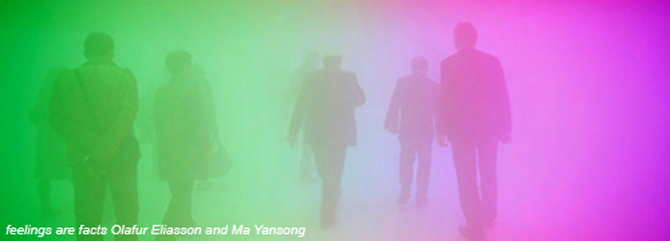Universidad Europea de Madrid
13 - 18 February 2012
The changes which contemporary cities face result from an evolving paradigm of the societies that inhabit them. This new paradigm is expressed through various transformations of existing models: the socio-economic system, the cultural references, the technological implementation, the anthropological changes resulting from globality and new technologies.

One of the consequences is that the services traditionally provided to the citizens appear to be obsolete now when confronted with new social behaviours, and they are also clearly unable to meet the new and more complex requirements of this new society. We will use the open condition of the city of Berlin and its inhabitants as an ideal territory for this experience.
It is a research about the needs of the new emerging society, its The changes which contemporary cities face result from an evolving paradigm of the societies that inhabit them. This new paradigm is expressed through various transformations of existing models: the socio-economic system, the cultural references, the technological implementation, the anthropological changes resulting from globality and new technologies. One of the consequences is that the services traditionally provided to the citizens appear to be obsolete now when confronted with new social behaviours, and they are also clearly unable to meet the new and more complex requirements of this new society. We will use the open condition of the city of Berlin and its inhabitants as an ideal territory for this experience.
It is a research about the needs of the new emerging society, its behaviours and its closer links with pleasure, understood as an interface that allows public access to improved physical and intellectual capabilities. It should be related to connect this welfare with the use of new technologies, the importance of social intercommunication and other phenomena resulting from the present hyperconnectivity.
We shall try to condense an image of such a nature and to materialize it in a small construction at the Teutoburger Platz gardens, transforming the existing pavilion into a new public space for "welfare”. The role played by such content will be active at the suggestion of a new social dimension. Students should propose both, the new programme for the existing pavilion as well as the transformation of all or parts of its current design.
We suggest this space to be conceived as an atmosphere dedicated to leisure, culture and health, in which citizens come to participate in activities related to physical and mental care. There they will be also trained on techniques to improve the well-being of body and the sensory appreciation, in order to increase their quality of life.
Studio Coordinators: Angel Luis Fernandez and Juan Jose Mateos.

